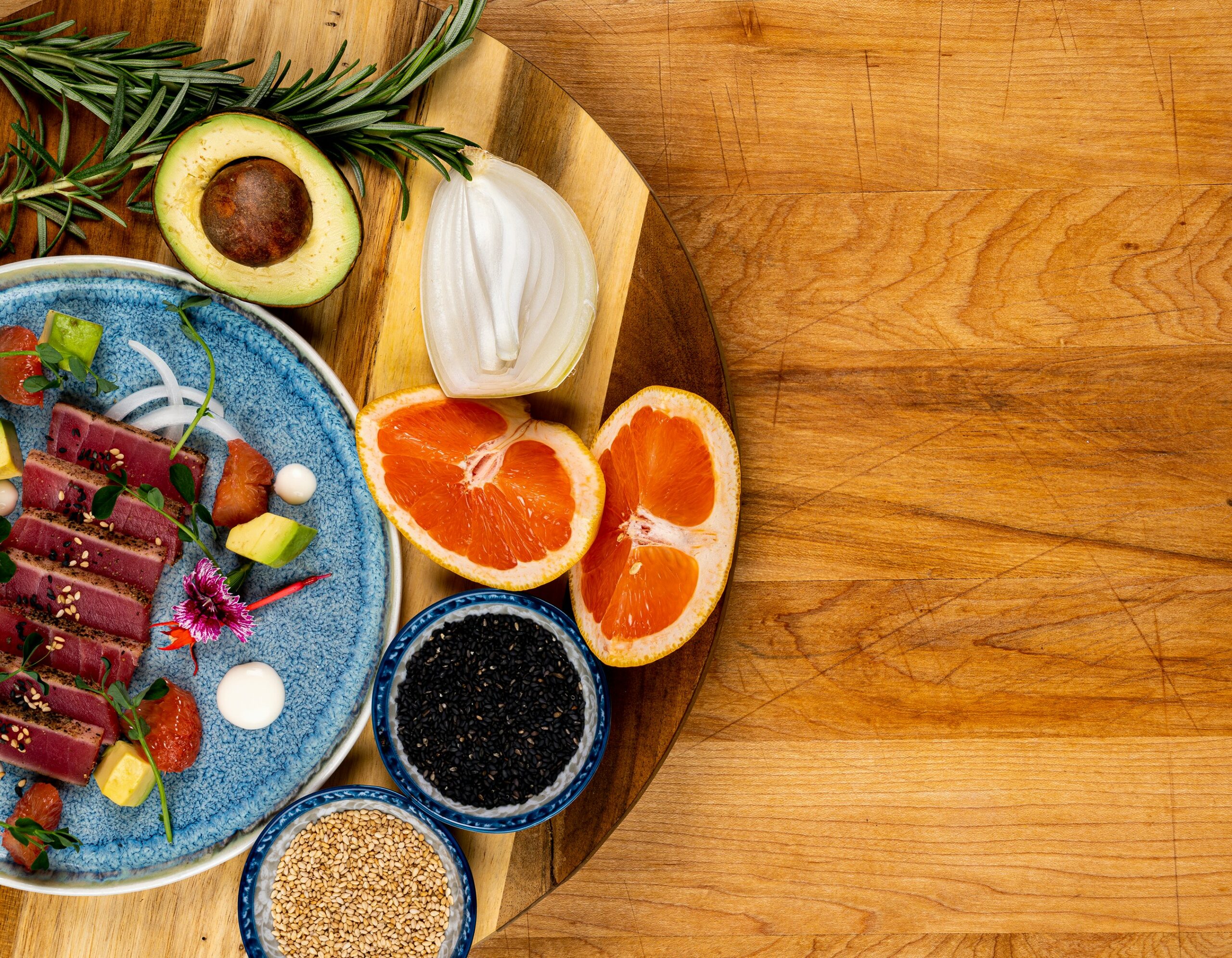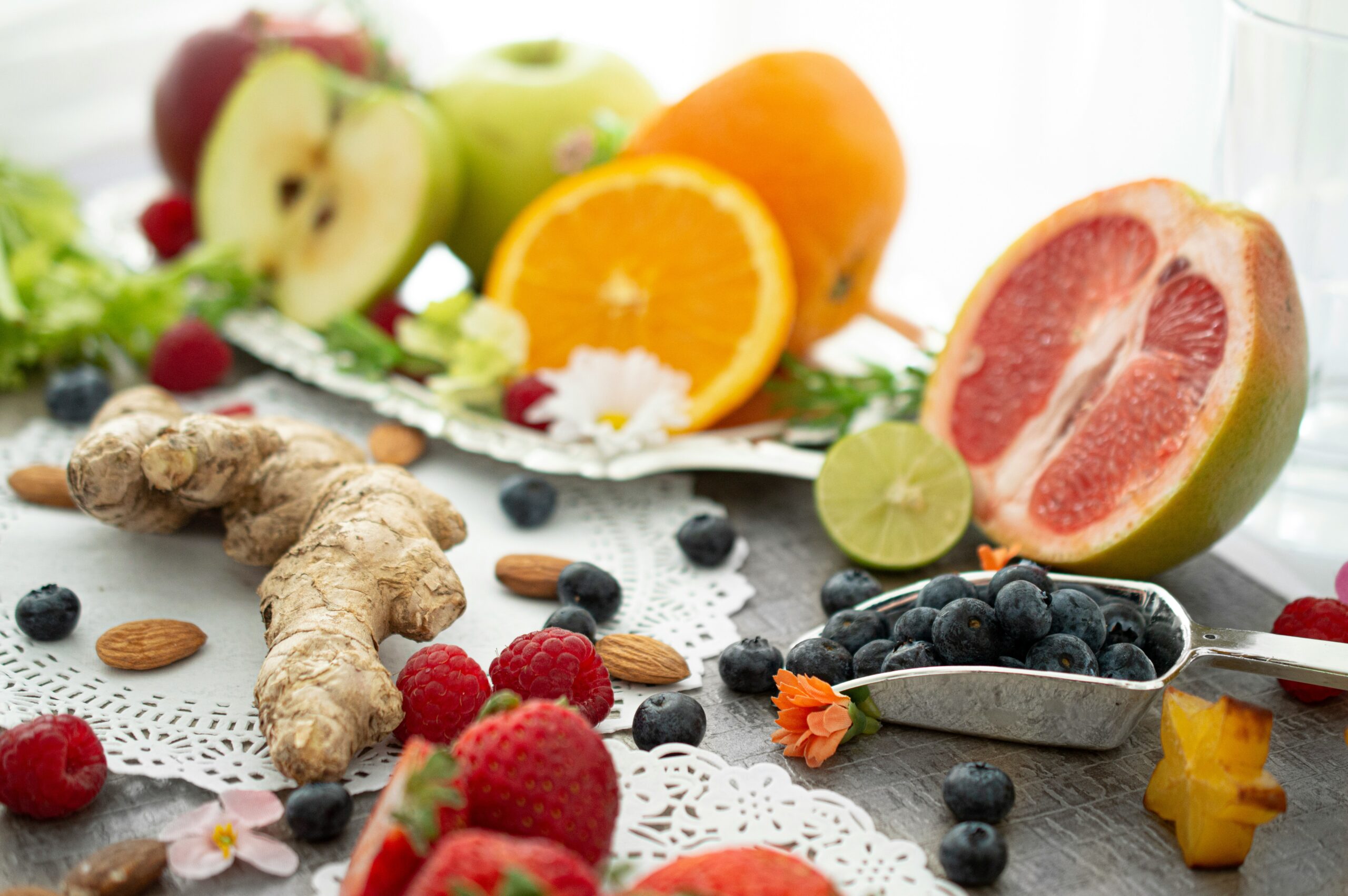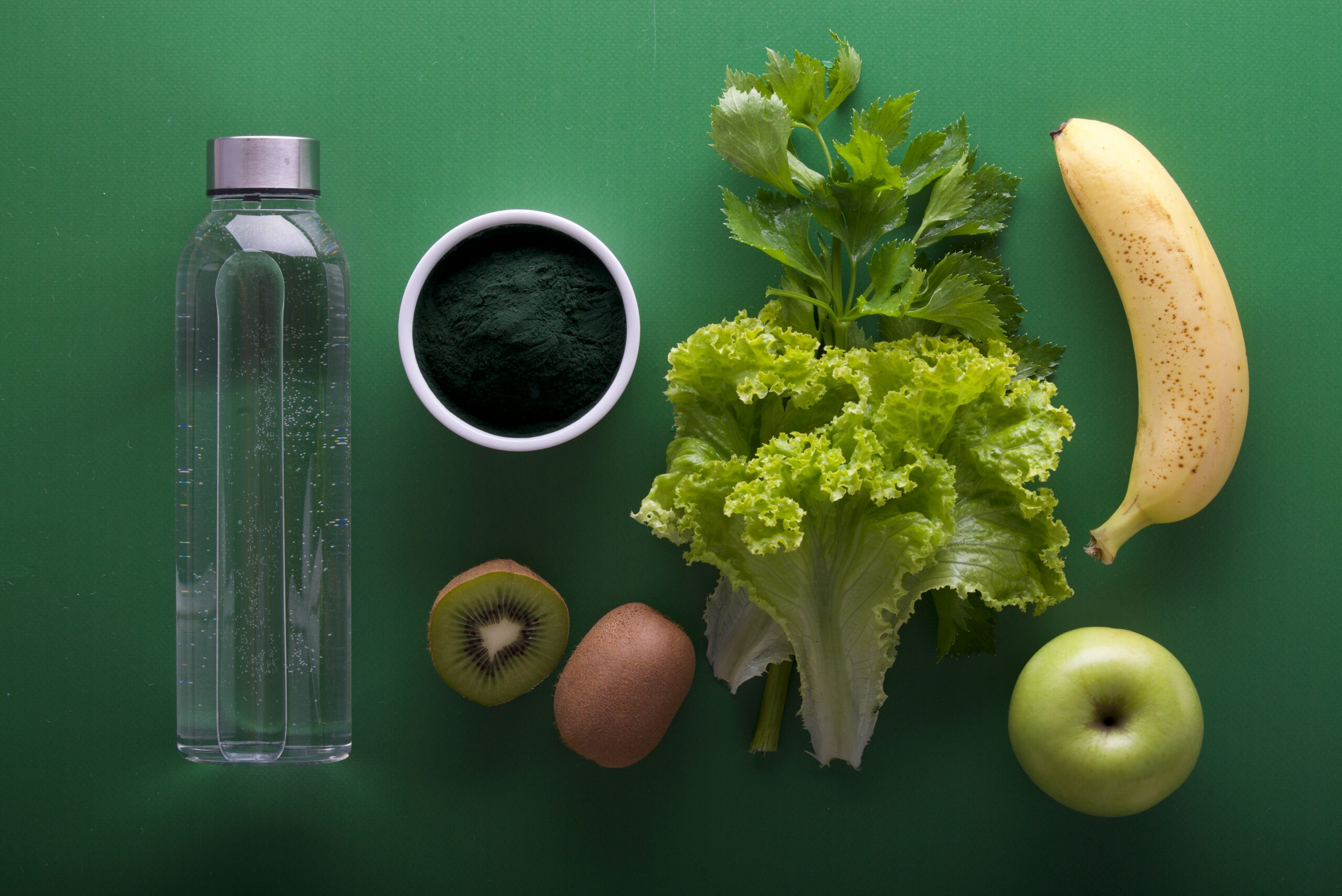Health Clarity: 10 Powerful Answers to Common Nutrition Myths

Trying to eat healthy can feel like navigating a minefield. One day, a meal is a super food; Then there is public enemy number one. We bomb on social media, good, meaningful friends, and even some old scientific studies with conflicting advice. It is enough that someone wants to throw their hands and just eat pizza.
But the core of all this noise is a universal desire: to feel good. We want vibrant health, constant energy, and security that comes from the nourishment of our bodies properly. The key to cutting through confusion is not to find a “right” diet, but the basis of the evidence-based truth.
This article is just your guide to do it. We are going to argue for ten of the ten most common nutrition myths, and replace confusion with clarity and fad-based fear with fact-based self-confidence. Our goal is to strengthen our long-term health journey with answers that you can actually use.
Table of Contents
Myth #1: Carbs Are the Enemy and Should Be Avoided
1. Myth:
Carbohydrates, especially from bread, pasta, and sugar, are fully responsible for weight gain and poor condition.
2. Powerful answer:
Let’s draw this imagination too desirable. Carbohydrates are not enemies; They are the primary and desired energy source of the body. The key is not eradicated – this is the identity. We want to distinguish between delicate carbohydrates and complex carbohydrates.
1. Sophisticated carbohydrates:
Think of white bread, pastry, sugar, and any pair of sugars. They are stolen fiber and nutrients, and quickly provoke spikes in blood sugar, and provide some satisfaction. Over perception of these can be harmful to your suitability.
2. Complex carbohydrates:
These are heroes. Full grain (oats, quinoa, brown rice), legumes (beans, lentils), vegan, and are found in the result, they are filled with fiber, nutrients, and minerals. Fiber breaks down digestion, gives frequent strength, keeps you complete, and feeds favorable microorganisms for your gut – a foundation of precise health.
3. The point line:
Don’t be afraid of carbohydrates. Embrace the right people. A diet rich in complex carbohydrates with full plant resources is related to positive health results, including a healthier heart and better digestive health.

Myth #2: All Calories Are Created Equal
1. Myth:
A calorie is just a calorie, whether it comes from broccoli or candy. Weight management is completely about “calories in versus calories out”.
2. Powerful answer:
While the energy unit of a calorie is stable, how you have calories in your body is not. This myth ignores the metabolic power of the food.
100 calories from soft drinks and 100 calories from almonds are not equal to metabolism. Soda, filled with liquid sugar, is absorbed quickly, spikes blood sugar and insulin, and is very low in reducing appetite. Your body works hard to digest them, you absorb fewer calories, and they trigger hormones that make you feel full and satisfied.
Focusing completely on the number of calories, ignoring nutritional quality, is a poor strategy for permanent health and weight management. Nutrition of the number of Trump each time.
Myth #3: You Need to Detox or Cleanse Regularly
1. Myth:
Our bodies are filled with toxins from modern life, and we need special juices, tea, or a complement to “clean” our system and get optimal health.
2. Powerful answer:
This is a master class for fear of hunting marketing. They work around the clock to filter and disclose waste and toxins.
There is no scientific evidence that commercial detox programs or juice cleaning can speed up this natural process. In fact, they can be harmful and often lead to nutritional deficiency, muscle loss, and dysfunction in blood sugar. To support your body’s congenital detoxification system, you are best supported in your overall health to eat a lot of water, drink a lot of water, and get sufficient sleep. This is the real “clean”.
Myth #4: Fat Makes You Fat
1. Myth:
Eating dietary fat provides direct body fat and causes heart disease.
2. Powerful answers:
This myth, born of inadequate science in the late 1900s, has caused great injury. Dietary fat is required. It is necessary to absorb fat-soluble vitamins (A, D, E, and K) for the production of cell membranes, for hormone production, and for brain health.
As carbohydrates, the type of fat is important.
Healthy fat (unsaturated): avocado, nuts, seeds, and olive oil were found; these fats are luxurious for reducing heart health and inflammation.
Unhealthy fats (trans and some saturated): Artificial trans fat (now limited) is harmful. Picture on saturated fat (red meat, found in butter) is nicer; It is best in moderation as part of a balanced diet.
Including healthy fats in food really promotes satisfaction and helps you to eat less. Performing fat often motivates people to consume more sugar and sophisticated carbohydrates, which are more directly associated with weight gain.
Myth #5: High-Protein Diets
1. The Myth:
Consuming an excessive amount of protein, especially from animal sources, places excessive stress on your kidneys and leaches calcium out of your bones.
2. The Powerful Answer:
For people with pre-existing kidney ailments, a doctor may additionally suggest a protein restriction. However, for wholesome individuals, there may be no evidence that a high-protein diet causes kidney damage.
Similarly, the concept that protein causes calcium loss and harms bone fitness has been largely debunked. In truth, higher protein consumption is now related to higher bone density and a lower risk of fractures, in particular as we age. Protein is critical for building and retaining every part of our frame, which includes muscle and bone, which can be fundamental to purposeful fitness.
Myth #6: Egg Yolks Are Bad for Your Cholesterol
1. Myth:
Because egg yolk contains dietary cholesterol, it will increase blood cholesterol and worsen your heart.
2. Powerful answer:
Nutrition science has evolved on it. For most people, cholesterol in the diet has very little effect on the blood cholesterol levels, which were evaluated once. Unhealthy cholesterol levels in the blood are saturated and trans fat, not dietary school sterol with whole foods such as eggs.
Eggs are a nutritional powerhouse. The egg yolk contains almost all vitamins (A, D, E, K, B12), minerals (iron, selenium), and antioxidants (such as lutein for eye health). Casting it means you lack the most nutritious part. For most people, enjoying whole eggs perfectly equates to a healthy diet.
Myth #7: Gluten-Free Means Healthier
1. Myth:
Gluten-free products are naturally healthy and are a good choice for weight loss, even for people with celiac disease.
2. Powerful answer:
It is a medical requirement for their health to avoid gluten for 1% of the population with celiac disease and a certain non-celiac gluten sensitivity. For everyone else, there is no health benefit to being gluten-free.
In fact, many gluten-free packaged products (such as bread, cookies, and biscuits) are less nutritious than their gluten counterparts. To mimic the texture of the gluten, manufacturers often use sophisticated dough, excess sugar, and unhealthy fat. Choosing these products can reduce the intake of fiber and important B vitamins. As long as you do not have a diagnostic sensitivity, there is no need to avoid whole-grain-rich grains, which are beneficial to your health.
Myth #8: You Should Eat Many Small Meals Throughout the Day to “Stoke Your Metabolism”
1. Myth:
Eating six small meals a day promotes metabolism and helps you burn more calories than eating three large meals.
2. Powerful answers:
In other words, eating your metabolism continuously does not provide a “boost”; It only responds to the total amount of food.
The best food frequency is the one that works for you. Some people enjoy three large meals, while others prefer small, more frequent snacks. What matters most to metabolic health and weight management is the general quality and amount of food intake, not the time. When you are not hungry, it is not a strategy for better health to force yourself to eat.
Myth #9: Soy Products Are Dangerous and Increase Cancer Risk
1. Myth:
Soy contains compounds such as estrogen that can interfere with hormones and increase the risk of breast cancer.
2. Powerful answers:
This myth is based on extreme chronic research performed on animals using unrealistic doses, on a large scale of different soy compounds. Human studies tell a completely different story.
The connection in soy, called isoflavones, is a phytostrogen (plant-estrogen). They are very weak compared to estrogen in our body production and can actually act as the anti-ESS by blocking our strong, natural estrogen from bonding to receptors. Now, extensive research suggests that moderate consumption of whole soy products (such as tofu, tempeh, adame, and unsweetened soy milk) is not only safe, but can also be protective against breast cancer and support heart health. With all things, the form of complete food is important – much more processed soy isolates are another story.
10. Finding Your True Health
The nutritional world is complicated and always developing, but the basic principles of good health are remarkably consistent: wholeness, minimizing processed food, and eating most of the time. Priority to plants. Drink water. Listen to the signs of the body’s hunger and perfection.
Real health is not found in an extreme diet or rapid improvements. It is designed with small, consistent alternatives that respect the body’s needs. It’s about adding nutrition, not just “bad” foods. By allowing these common myths, you release mental space and energy for what really matters: having a peaceful, durable, and comfortable relationship with food that supports your health for the coming years. This is the last definition of health.
Does eating fat make you fat?
No—healthy fats (like those from avocados, nuts, and olive oil) support hormone balance, brain health, and satiety. It’s excess calories and processed foods—not dietary fat alone—that contribute to weight gain.
Are all calories created equal?
Not at all. 100 calories from a sugary snack affect your body very differently than 100 calories from vegetables or lean protein. Nutrient density, fiber, and how food impacts blood sugar and hormones matter more than calorie count alone.
Do I need to detox with special juices or cleanses?
Your liver and kidneys naturally detox your body. Most “detox” products are unnecessary and can even be harmful. Focus on whole foods, hydration, and fiber for natural, effective detox support.









